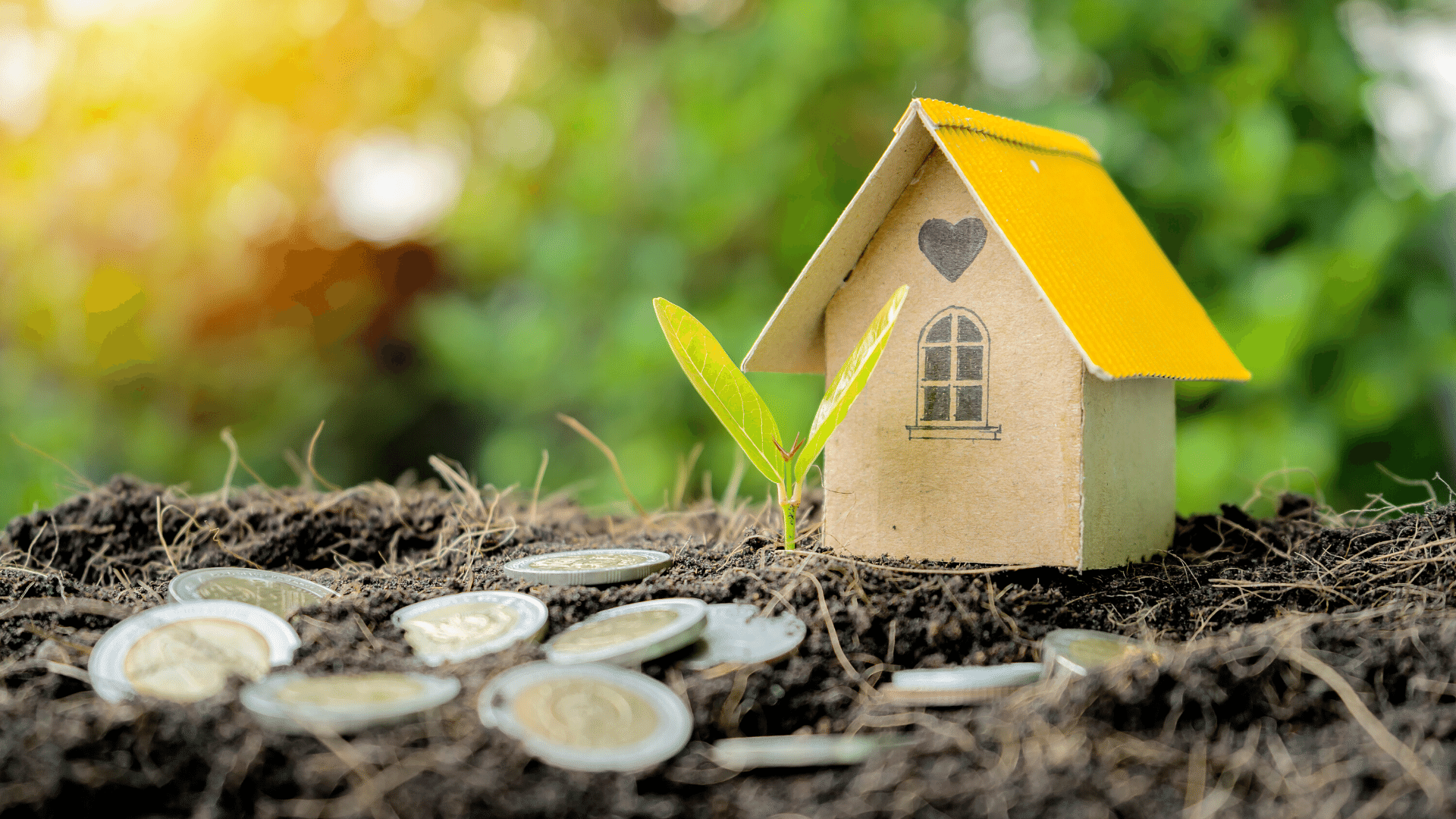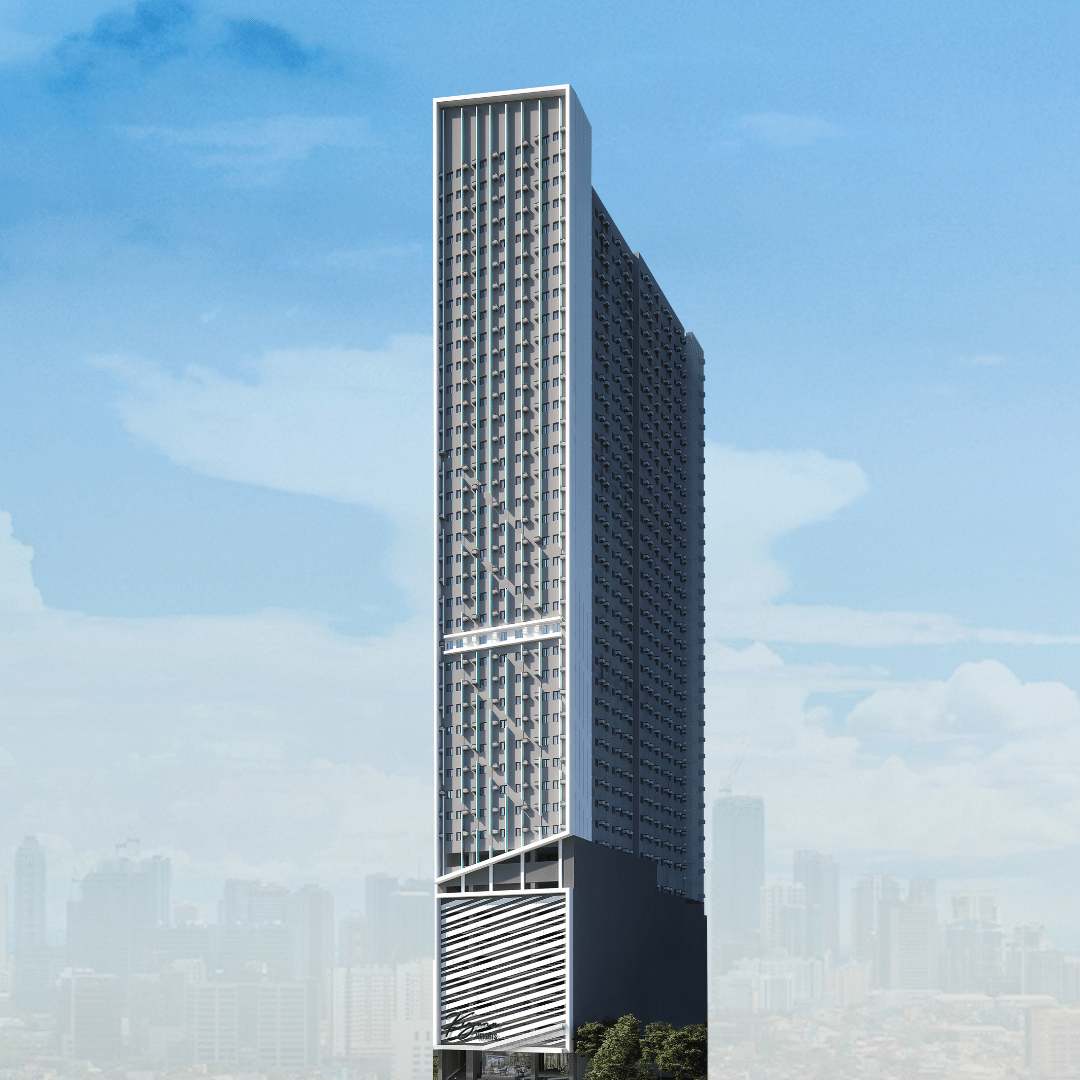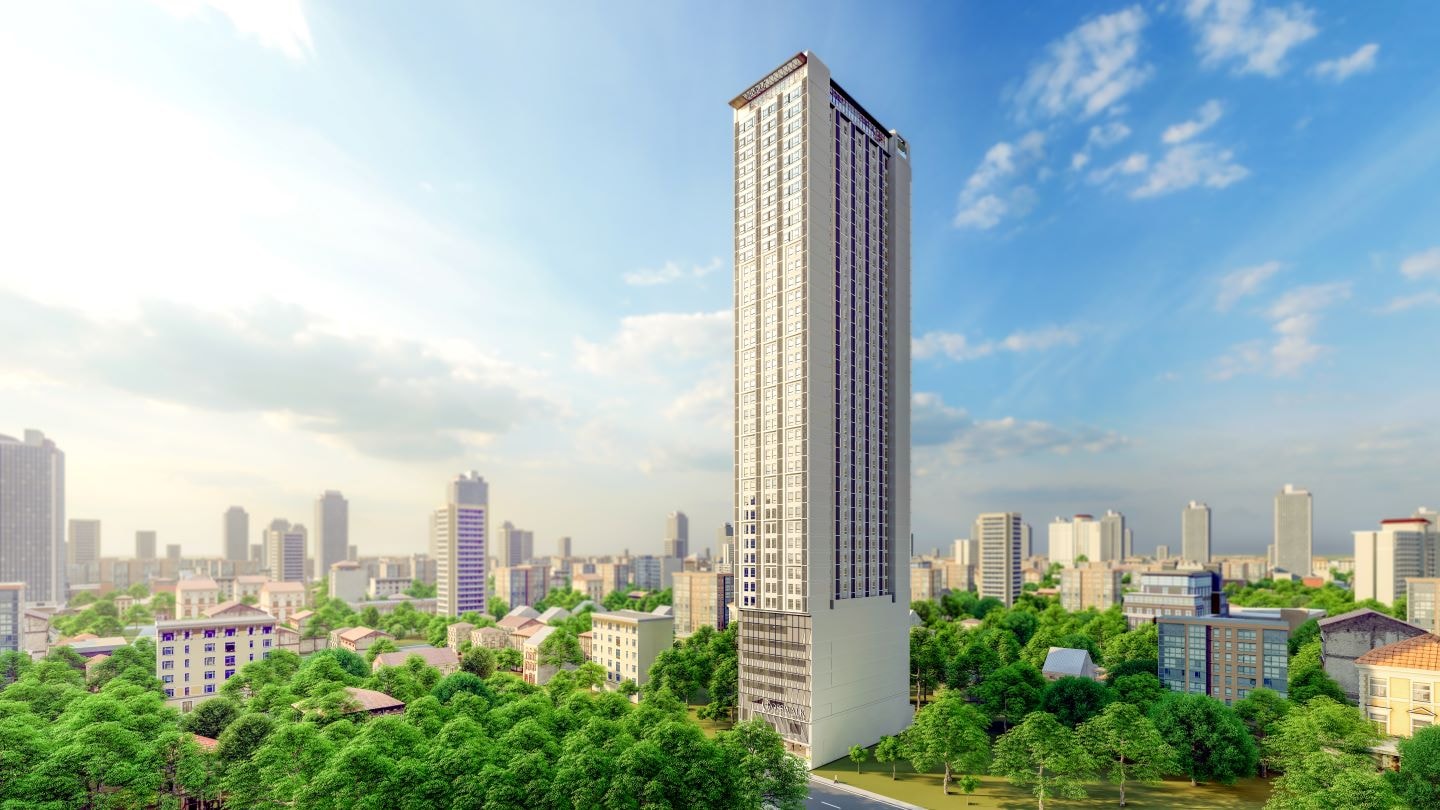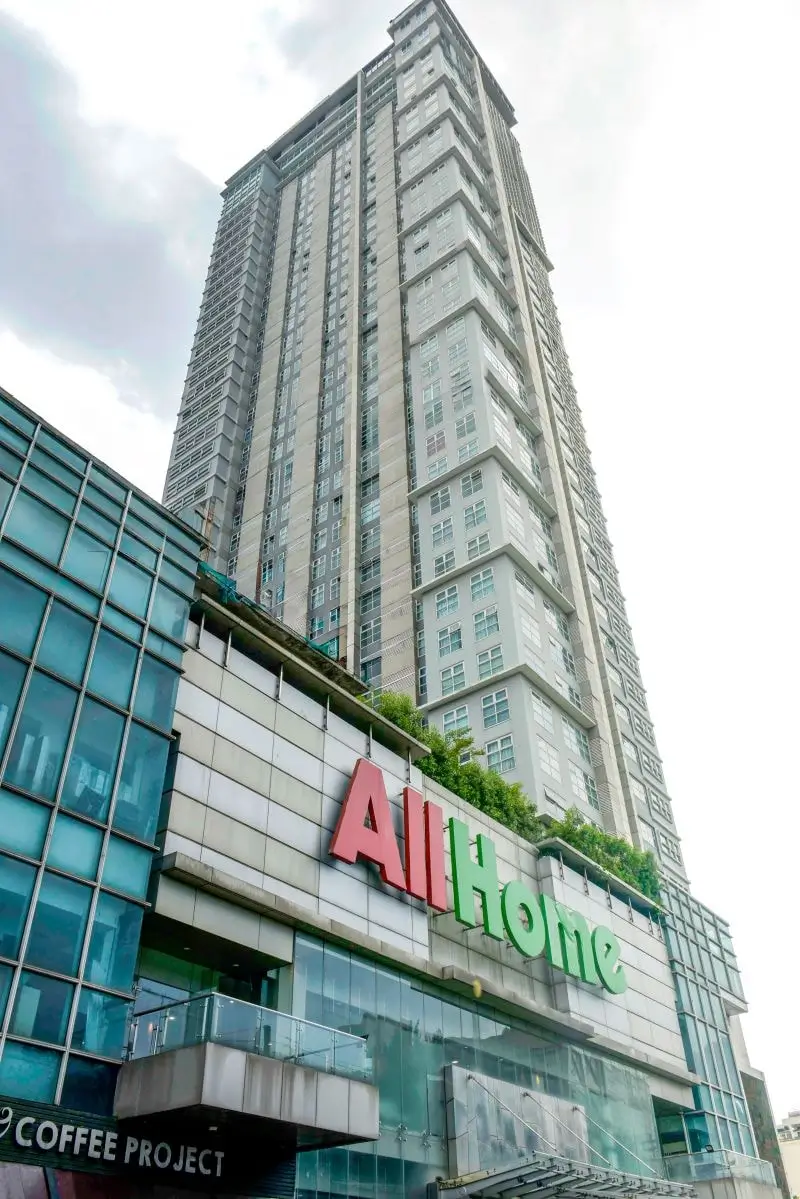A 2017 Oxford Business Group report stated, “Years of investment and strong economic development in the Philippines have fostered a robust real estate sector that now extends outside of the greater Metro Manila region and into secondary markets around the country.” This was brought about by the country’s strong macroeconomic environment, where end-users (consumers), investors, and the government play a role in its continuous boom.
While it may not be the most glamorous real estate investing, buying raw land can be a good investment -- if you understand how to invest in land properly like a real estate developer. Land investments can produce high returns, passive income, and large profit margins and don't have to break the bank if you understand how land loans work.
But like other types of investments, investing in land profitably comes down to thorough due diligence. Let's dive into how to invest in land, why you might want to, and important things to know before you buy vacant land.
What is Real Estate Investing?
There are three types of real estate investments -- commercial property, residential property, and land. Vacant or raw land is a plot of land without any established buildings or equipment that can be used for the development of commercial or residential real estate or for farmland, ranches, or natural resources such as mineral, water, or air rights.
In essence, when you invest in land, you are buying untouched, raw land, that has not been developed. The zoning of raw land is very important because it determines how the land can be used for future development. There are eight main categories of land use:
- Residential
- Multifamily
- Commercial
- Industrial
- Public or semi-public (like a library, public school, or bus station -- also called institutional use)
- Parks and open space
- Agriculture (which can include farmland or forestry)
- Right of way (which is an easement that gives people access to their property through another piece of land or parcel)
There are several subcategories within these eight main land-use types that determine what size the development can be based on the area's density or the type of property that can be built or not.
Advantages of Investing in Land
While not all land holds equal value, in general, there are a number of advantages to buying raw land.
Good Return on Investment
Like residential or commercial investing, land can produce passive income or large profits depending on how the land is purchased and sold. People who specialize in buying land have done extremely well for themselves over the years. It's possible to make high-double-digit returns if you buy the right piece of land at the right price, and there are ways to earn residual passive income with vacant land.
Low Cost
The value of land varies depending on the location, type of land, and the amount of acreage being sold. Some raw land can cost hundreds of thousands of pesos to millions of pesos, while other vacant lands can cost just a few thousand pesos. For most people, land can be a low-cost investment that doesn't require a bank loan to get started.
More Land isn’t being made
Land, in general, is in demand. As our population grows, the need for land to develop grows with it. And there is only so much land available.
Little to no maintenance
Raw land is undeveloped, meaning there is no property to maintain or tenants to deal with. Aside from paying property taxes and keeping the land mowed or secured, it's a relatively low-maintenance investment.
Large opportunity
Land investing faces less competition than residential and commercial real estate investing. So if you want to start a real estate business, the land holds a lot of opportunities. While there are definitely other land investors out there, in general, there is more land than there is competition, which means you can find really good deals if you’re willing to do some extra homework.
But the above, unfortunately, is a one-sided argument. Consider these disadvantages of investing in the land:
Disadvantages of Investing in Land
Illiquidity
Vacant lots are like any other real estate investment. Money invested in real estate is tied to your property and the costs to sell can be high. Investing in land isn’t more or less liquid than other properties. But it’s still worth mentioning as one of the disadvantages of land investments.
No tax advantages from depreciation
For operating businesses, depreciation can be an advantage in the form of tax savings. When you invest in land with no improvements, you don’t get this benefit.
Negative cash flow
Not discounting how some vacant lots generate income from ad spaces or agricultural crops but, for the most part, empty lots do not generate substantial income. And despite not bringing in income, the landowner still pays taxes. Investing in land is likely a negative cash flow investment. (But again, there are exceptions.)
High Opportunity costs
With limited resources, buying a piece of land means not buying some other investment. We’re essentially taking funds away from other investments, and that means the investment you do choose to pursue is important.
For example, let’s assume you have limited funds to invest, and both options below cost the same amount at Php1 million.
- Option 1: Vacant lot with no income
- Option 2: Small apartment with Php10,000/month cash flow
By choosing option 1, your opportunity cost includes the Php10,000/month that’s given up by not choosing option 2. (This means if you choose option 1, pretend that your costs include the land’s property taxes and Php10,000/month. And then decide if investing in land is worth it.)
Now, if you eventually sell the vacant lot at Php1.1 million next year, then that’s a positive yielding investment — you grew your land investment by 10%. In a vacuum that isn’t too bad.
Except when we consider how option 2 would’ve earned Php120,000 in cash flow, not even accounting for the capital appreciation of property number 2 (which might add another 10% if growth is comparable between the two), then the vacant lot becomes a bad choice.
Is land worth investing in? Like all other investments, the answer depends on your unique circumstances. Land can be a good investment if it’s bought at a good price. But then, prices typically (not always) reflect what’s in the news and we don’t necessarily have superior information over other investors. (What you know is probably what they also know.)
Is investing in the land a good idea? Well, it’s certainly an investment alternative worth considering if you truly understand the pros and cons.
If you are thinking of moving into a new condominium, check out Vista Residences!
Vista Residences is the condominium arm of the country’s largest homebuilder, Vista Land & Lifescapes, Inc. that offers ready for occupancy and pre-selling condominium projects in Manila, Makati, Mandaluyong, Quezon City, Ortigas, Baguio, Cebu, and CDO that are strategically located within major cities, in close proximity to premium universities, transit-oriented locations, and developed business districts.
For more information on Vista Residences, email [email protected], follow @VistaResidencesOfficial on Facebook, Twitter, Instagram, and YouTube, or call the Marketing Office at 0999 886 4262 / 0917 582 5167.










